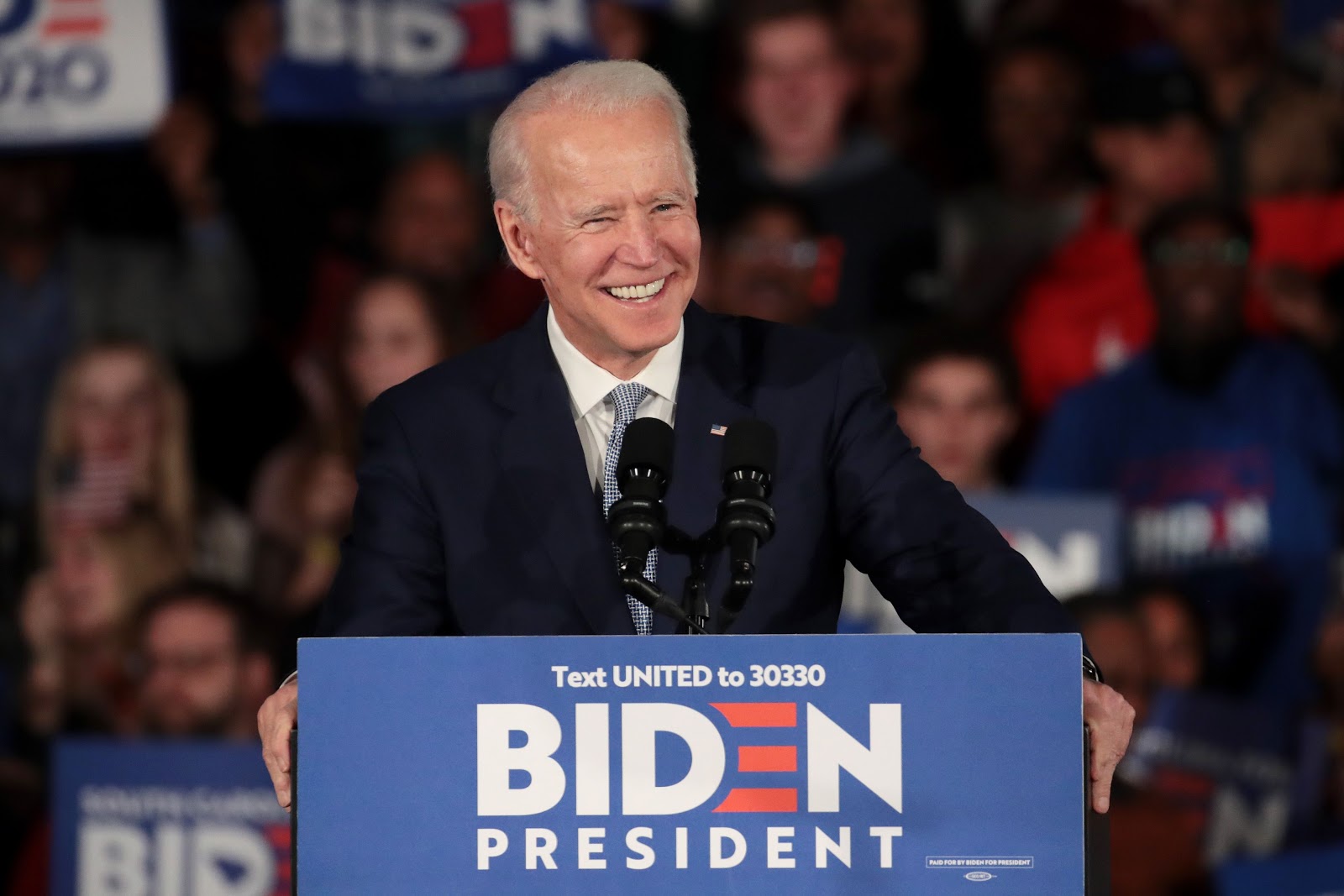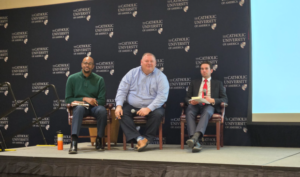Biden Receives Key Endorsements From Prominent Democrats, But Do These Endorsements Really Matter?

Courtesy of Town and Country Magazine
By Jessica Fetrow
Former vice president and presumptive Democratic presidential nominee Joe Biden received several critical endorsements from prominent figures within his party this past week, including former President Barack Obama. Biden was also endorsed by former political opponents Senators Bernie Sanders and Elizabeth Warren.
The former president released a video on Tuesday publicly announcing his support for his former vice president, stating that Biden “has the character and the experience to guide us through one of our darkest times and heal us through a long recovery.” Throughout the video, Obama referenced several initiatives implemented by Biden and the rest of his administration, such as the $800 billion financial stimulus American Recovery and Reinvestment Act and management of the 2009 H1N1 pandemic, as well as the prevention of the 2014 Ebola epidemic in America.
Obama also made brief allusions to Biden’s personal life and hardship, such as the loss of his wife and daughter in a 1972 accident, as well as the loss of his son Beau from brain cancer in 2015.
“Through all of his trials, he’s never once forgotten the values or the moral fiber that his parents passed on to him, and that made him who he is,” Obama said. “That is what steels his faith in God and America and in all of us.”
Sanders, previously considered Biden’s main rival in the presidential campaign, issued his endorsement and public support of the presumptive Democratic nominee on Monday in a livestream hosted by the former vice president. This support from Sanders comes shortly after the suspension of his presidential campaign on April 8, at the reported encouragement of former President Obama, and is seen as a significant attempt to unify the Democratic party behind one nominee against President Donald Trump.
“Today, I am asking all Americans, I’m asking every Democrat, I’m asking every independent, I’m asking a lot of Republicans, to come together in this campaign to support your candidacy, which I endorse, to make certain that we defeat somebody who I believe is the most dangerous president in the modern history of this country,” Sanders said.
Warren also issued her support of the former vice president in a video posted to her Twitter on Wednesday, being the second prominent progressive candidate to publicly give her endorsement to Biden.
“In this moment of crisis, it is more important than ever that the next president restores Americans’ faith in good, effective government,” Warren said. “And that is why I’m proud to endorse Joe Biden as president of the United States.”
In addition to her endorsement, Warren stated that she would accept the invitation to be Biden’s running mate if she was offered, after Biden promised earlier in the year that his running mate would be female.
Amidst these political endorsements, there has been recent speculation as to whether or not political endorsements have any real impact on the outcome of presidential elections. In previous elections, certain political endorsements, such as Ted Kennedy’s prominent endorsement of Barack Obama during the 2008 presidential election, have been considered pivotal to election outcomes. Unfortunately, there is no substantial data to show generally whether or not political endorsements have any mass impact on election outcomes.
However, there is a considerable amount of evidence to show that momentum is key to winning the popular vote in any presidential election. Through the endorsement of former President Obama, alongside the endorsement of two powerful progressive politicians, Biden’s momentum is gradually rising, with national polls predicting Biden’s slight lead over Trump in the popular vote. However, the Electoral College doesn’t seem as promising for Biden. In an interview with Forbes, director of the Center for Politics at the University of Virginia Larry Sabato said that there is significant potential for Trump to become the first president in the nation’s history to win two consecutive elections without winning the popular vote, having lost the popular vote in the 2016 election to Hillary Clinton by about three million votes.








